Throughout October, we will be share She’s a Survivor stories: five #motherrunners whose lives have been changed by breast cancer; hopefully the perspective and ideas they share will benefit others who are going through similar situations.
We’re starting with Katie Kickel Hernandez from Laurel, Maryland, who has two sons (ages 18 and 14). When a routine mammogram in 2017 wound up being anything but routine, Kickel Hernandez found herself in a state of shock. How could she—an uber-fit, active, 42-year-old physical therapist—have cancer? While Kickel Hernadez’s breast cancer was caught early, it did not lessen the fear and anxiety so many women face when in a similar situation. And when she eventually tested positive for the BRCA1 genetic mutation, things only got more complicated. But instead of dwelling in those overwhelming feelings of uncertainty, Kickel Hernandez took action.
She and her sister started a non-profit to raise funds for and awareness about genetic testing with the hopes of educating and empowering other women—and saving some lives in the process.
Date of diagnosis: October 12, 2017
On her diagnosis: After being called in for a follow-up for her regular mammogram, Kickel Hernandez wasn’t too concerned. “I have dense breasts, so I usually have to go in for another look,” she said. But this time was different: The radiologist saw tiny specks the size of grains of sand in her right breast, and he didn’t like the way they looked. While her doctor reassured her that they were likely calcium deposits, a biopsy confirmed that she indeed had breast cancer. “That was a punch in the gut,” she recalls. Diagnosed with stage 0 ductal carcinoma in situ, a lumpectomy and radiation was recommended at first—but that course of treatment soon drastically changed.
On discovering her BRCA1 mutation: Several years prior to her diagnosis, Kickel Hernandez lost a paternal aunt to ovarian cancer while she was in her early 50s. And she just couldn’t ignore the nagging thought that her own cancer diagnosis may be tied to genetic predisposition. Sure enough, testing revealed that she had the BRCA1 genetic mutation, which tests later revealed was passed down from her father. “With the BRCA1 mutation, you’re at a much higher risk, like 85 percent, for a return of breast cancer as well as ovarian cancer,” Kickel Hernandez explains. This in turn changed the course of her treatment to a bilateral double mastectomy with reconstruction along with an oophorectomy—an 8-hour surgery.
On how her fitness helped her power through her recovery: An avid runner and cyclist, Kickel Hernandez was in great shape leading into her surgery. “The hardest part was explaining it all to my kids,” she says. “But I was able to reassure them by pointing out my fitness. I told them, ‘This is why I work out. I’m strong, and I’ve armed my body with whatever it is they throw at me.” Sure enough, she was able to exceed her doctor’s expectations in her recovery and was back on her Peloton bike—surgical drains and all—within a couple of weeks post-op.
On a second devastating blow: In 2019, Kickel Hernandez’s sister, Colleen also tested positive for BRCA1, and was soon after diagnosed with Stage 1 ovarian cancer. With a new baby at home, Colleen soldiered through three rounds of chemo. She later had a double mastectomy and reconstruction as well as a hysterectomy, and is now cancer-free.
On staying resilient, no matter what: In one of her lowest points, Kickel Hernandez found herself lying prone on the floor of her closet, lost in the mire of grief and uncertainty. “My husband came in and literally picked me up off the floor, and put me to bed,” she recalls. “And somehow, I woke up with a newfound strength and confidence.” She says that it actually helped to allow herself to sit in her sadness, if only for a brief moment. “If you need to feel those feelings, do it. But then pick yourself up and keep going,” she says.
On KICKing cancer—and helping other women: Seeking a way to share their story and encourage women to seek out genetic testing and routine screening, the sisters started a non-profit called K.I.C.K. (short for Knowledge Is Cancer’s Kryptonite, and a nod to their maiden name). “We are deeply committed to telling our story and raising awareness around genetic testing and early detection,” says Kickel Hernandez. “It saved both of our lives.” Aside from educating others on genetic testing, K.I.C.K provides funding for those whose insurance doesn’t cover that sort of testing or for those who can’t afford it. Since their launch last year, K.I.C.K. has covered testing for 100 people.
Click here for more information on K.I.C.K. and details on how to donate or get involved.
Are you dealing with a breast cancer diagnosis? Join our BAMR Breasties Facebook page.


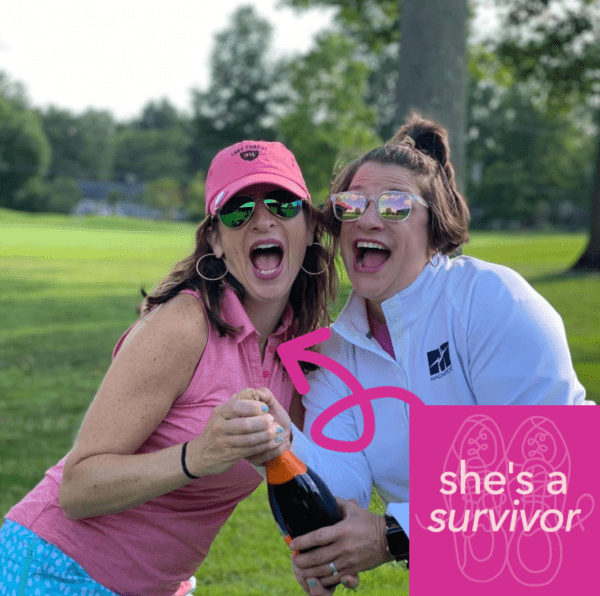
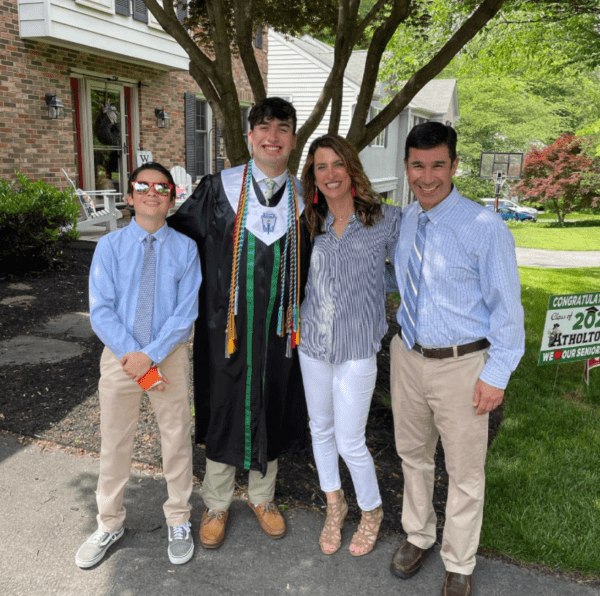
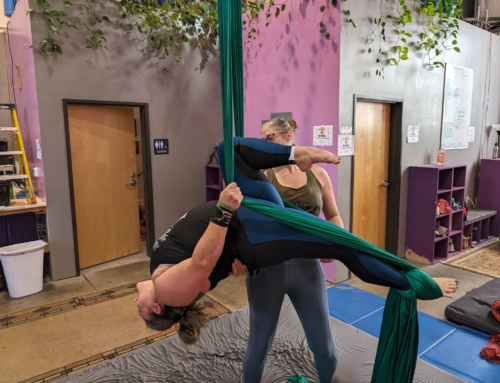
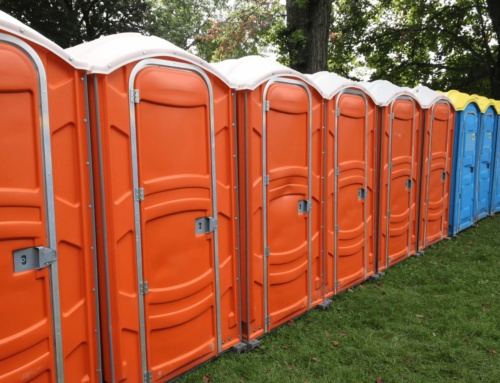
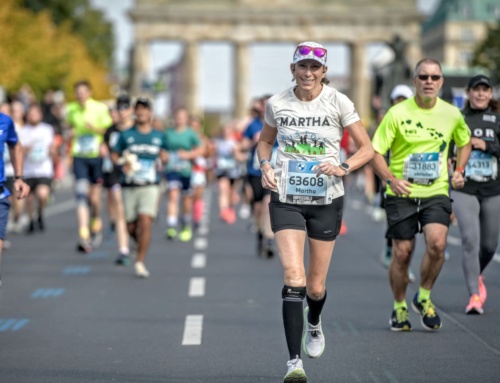
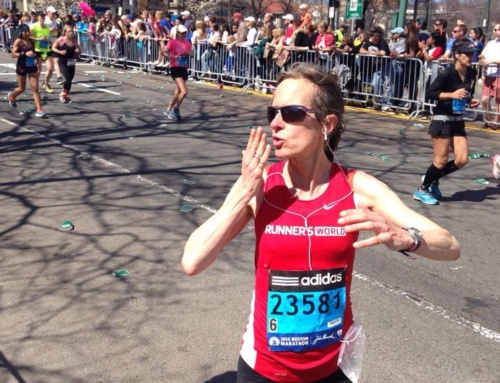
Thank you for sharing your story and for all you are doing to raise awareness.
Beautiful story! Thank you for sharing!!
[…] the perspective and ideas they share will benefit others who are going through similar situations. Read Now Given our patient’s lack of resources, without KICK’s assistance, she would not have been […]